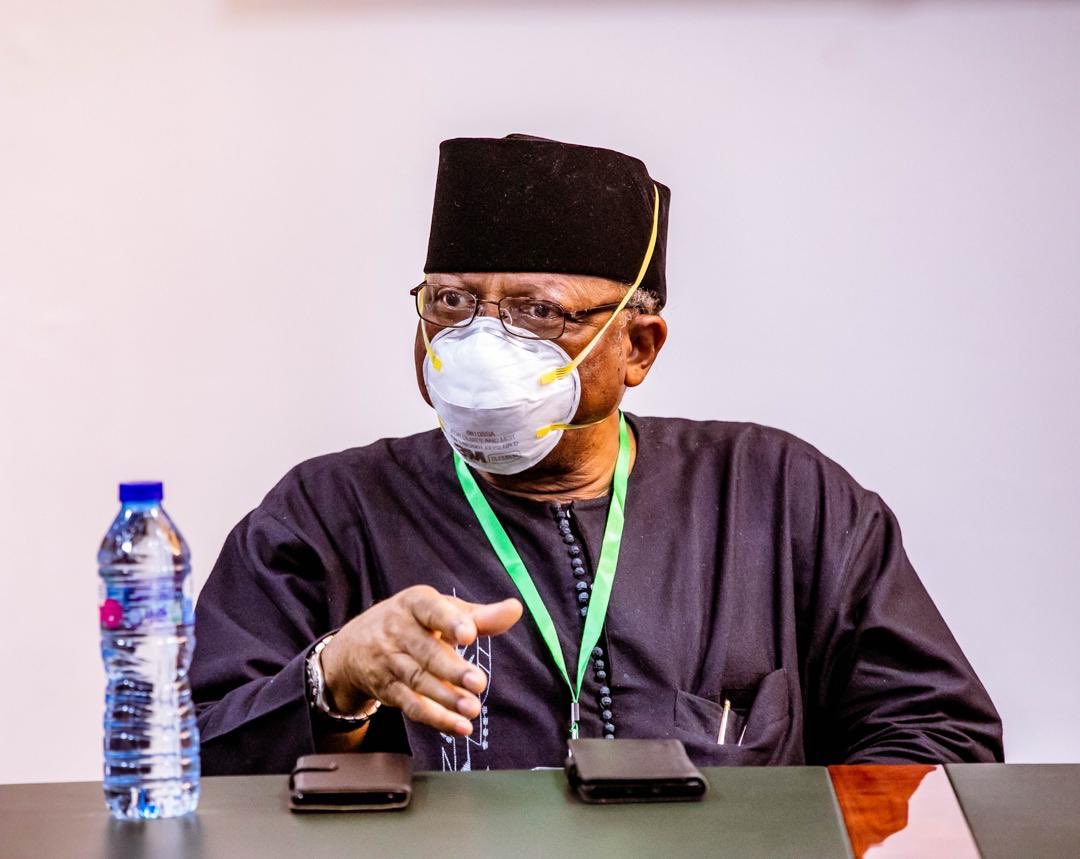Labour
Doctor’s Strike: Governors are responsible for most of the demands presented by NARD – Health Minister

The Federal Government says most of the requests being made by the National Association of Resident Doctors are within the jurisdiction of the state governments.
The Minister of Health, Dr Osagie Ehanire, said this on Thursday during a media press briefing in Abuja.
The association in June had issued a four weeks ultimatum to the Federal government. Some of the issues it raised include the migration of doctors from the gifmis platform to the IPPIS platform. The association also lamented the non-payment of house officers, inconsistency in payment of salaries and non-payment of death benefits.
The Health Minister however, said the association was using the anxiety surrounding the third wave of COVID-19 to push its demands.
He said, “Seven out of the 12 demands presented by NARD are within the jurisdiction of the state governments. This is not a just move to call for a nationwide strike.
“In their notice titled 25th July 2021, they mentioned states like Imo, Kaduna, Delta and Lagos. The Federal Government can not force these states to do anything.
“For the issues surrounding the Federal Government, not all of these issues are for the ministry of health, the payment lies within the power of the Accountant General of the Federation. We are also working with other agencies to sort out some of these issues.”
The minister also said he hoped the doctors will understand that going on strike now will not give doctors a good image.
He said, “I believe they will call a meeting and reassess some of the issues they tabled.
“We already have people who have retired coming in to say they want to step in. This is not a good time to go on strike.”
Commenting on the fight against the brain drain of doctors in the country, the Minister said, “It is actually difficult to say we want to combat the brain drain of Doctors. They see the salaries there as being expensive and most of them do not want to serve in rural areas.
“In Nigeria, we are not the only ones suffering from it, some other developing countries also suffer it too because they studied in English they easily get into those countries.






